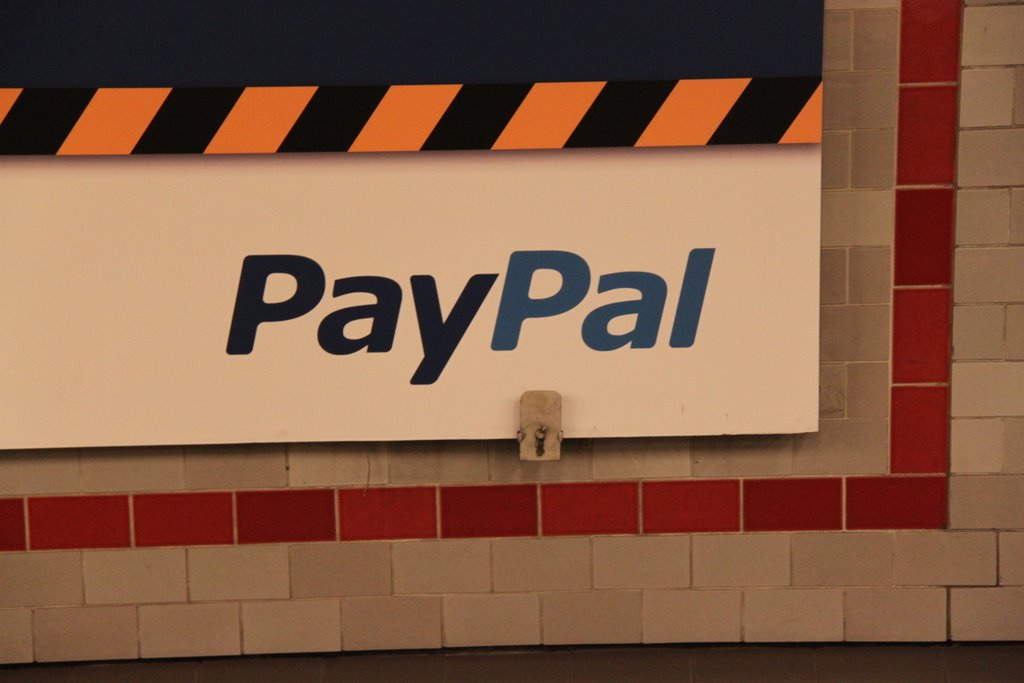Fraud Victim’s Impossible Choice: Eat $1,500 In Charges Or Be Banned From PayPal Forever Image courtesy of André-Pierre du Plessis
That doesn’t really solve anything for other consumers, but it does prove that making the front page of Reddit has mystical powers that can prod immovable entities like PayPal’s fraud department into action.
The scheme is very simple:
1. Order an expensive thing.
2. Tell your bank that you didn’t order that thing by filing an identity theft claim.
3. The charges are reversed, and you get your money back.
4. You also get to keep the expensive thing that you ordered. Woo-hoo!
From the victim’s point of view, of course, it isn’t nearly as simple. Reddit poster 24bits explained how an identity theft complaint from a customer can cost $1,500–even if that customer never bothers to file a police report.
I was put into negative -$1,414. Paypal took this out of my account without permission, without notification and did not let me contest it. It was automatic. As soon as his bank called Paypal, they deducted $1,414 out of my account and never notified me of any of it.
Sure, the seller filed a police report, but that doesn’t matter to PayPal. Meanwhile, 24bits claims that filing a Better Business Bureau report knocked the balance owed down to $700. Being required to pay half as much money that you never really owed in the first place is an improvement, we suppose, but not by much.
Eventually, having a post on the front page of Reddit ended with PayPal making contact and forgiving the entire balance. That’s awesome for this one user, but what about the rest of us? Short of getting that much attention on your issue, how can you prevent similar problems?
We don’t know how to do that with PayPal, especially after an executive reshuffle following its divorce from eBay. We contacted PayPal to ask what people who have problems with the payment service that don’t achieve Internet infamy should do. We’ll let you know what they say if and when they do. We heard back from a PayPal spokesperson, who sent us this statement:
We understand how important security and peace of mind is for people selling online, so we created a Seller Protection program to help protect sellers from losing money. Seller Protection covers two types of issues faced by buyers — if there’s a transaction but the account holder claims he/she didn’t authorize the payment, or if the buyer pays for an item, but claims he/she didn’t receive the item. There’s no charge for our Seller Protection service.
However Seller Protection has certain requirements, for example, it only applies to physical goods that are shipped and have proof of delivery or shipment, as applicable. If sellers want to deliver goods in person, we remind them to use caution and their best judgment as our Seller Protection program will not apply. We are always here to help our customers and you can connect with a customer support agent by logging into your PayPal account. To learn more about how consumers can protect themselves when buying and selling online we encourage them to visit our Safety and Security Center at http://www.paypal.com/security.
This does not actually address the topic at hand, but “contact our customer service when there is a problem” is a fair enough response. Keeping people on both ends of a transaction safe is a challenge can be difficult even when one of them isn’t either scamming or has had their identity compromised.
Want more consumer news? Visit our parent organization, Consumer Reports, for the latest on scams, recalls, and other consumer issues.


